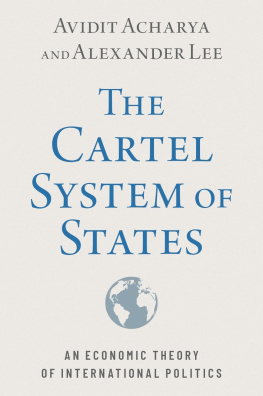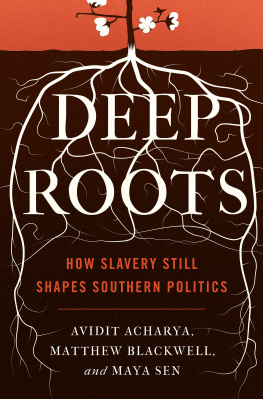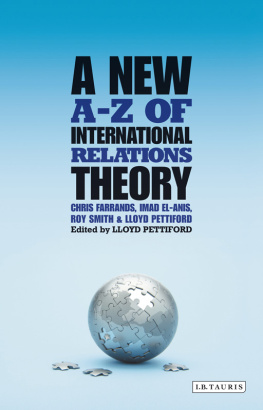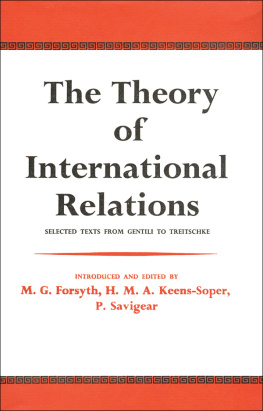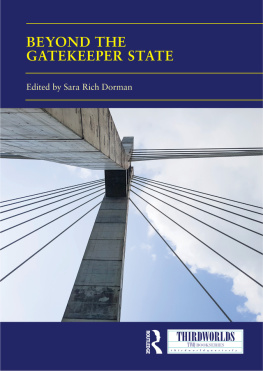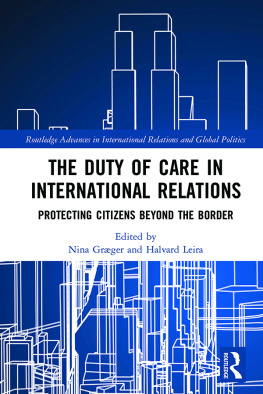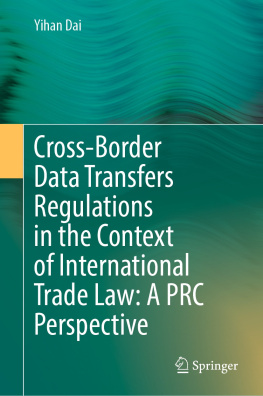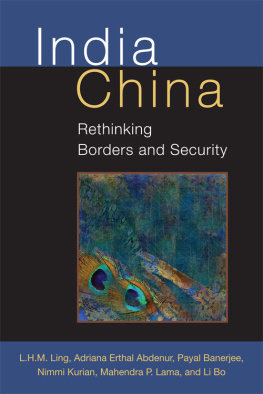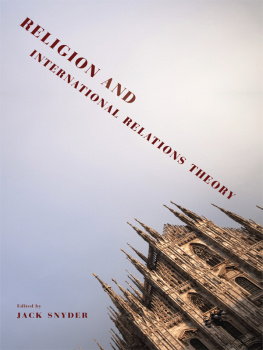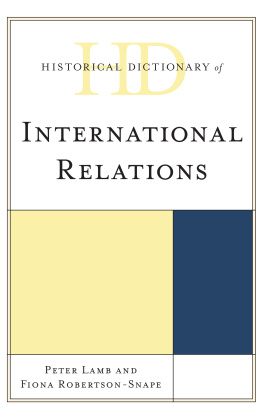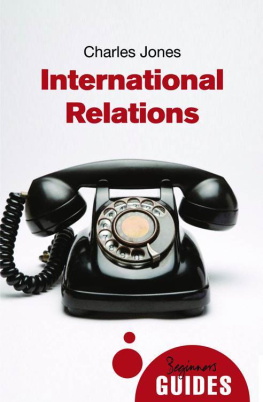The Cartel System of States

Oxford University Press is a department of the University of Oxford. It furthers the Universitys objective of excellence in research, scholarship, and education by publishing worldwide. Oxford is a registered trade mark of Oxford University Press in the UK and certain other countries.
Published in the United States of America by Oxford University Press
198 Madison Avenue, New York, NY 10016, United States of America.
Oxford University Press 2023
All rights reserved. No part of this publication may be reproduced, stored in a retrieval system, or transmitted, in any form or by any means, without the prior permission in writing of Oxford University Press, or as expressly permitted by law, by license, or under terms agreed with the appropriate reproduction rights organization. Inquiries concerning reproduction outside the scope of the above should be sent to the Rights Department, Oxford University Press, at the address above.
You must not circulate this work in any other form and you must impose this same condition on any acquirer.
Library of Congress Cataloging-in-Publication Data
Names: Acharya, Avidit, author. | Lee, Alexander (Alexander Mark), author.
Title: The cartel system of states : an economic theory of international politics / Avidit Acharya, Alexander Lee.
Description: New York, NY : Oxford University Press, 2023. | Includes bibliographical references and index.
Identifiers: LCCN 2022041781 | ISBN 9780197632260 (hardback) | ISBN 9780197632277 (paperback) | ISBN 9780197632291 (epub)
Subjects: LCSH: BoundariesEconomic aspects. | Territory, NationalEconomic aspects. | International relationsEconomic aspects. | Sovereignty. | State, The.
Classification: LCC JC323 .A35 2023 | DDC 320.1/2dc23/eng/20221024
LC record available at https://lccn.loc.gov/2022041781
1 3 5 7 9 8 6 4 2
Bridgeport National Bindery, Inc., United States of America
For Katie, my love
A.A.
For my teachers, Mrs. Walker, Mr. Toy and Jim Scott
A.L.
Contents
List of Figures
List of Images
Parts of this book and our paper titled Economic Foundations of the Territorial State System on which some of it is based, were presented to audiences at Stanford, NYU, the University of Rochester, the Barcelona GSE summer forum, UC-Irvine, UCSD, Yale, and APSA. We are grateful to all of the participants for their valuable feedback.
This project was originally conceived while one of the authors was a post doctoral fellow at Stanfords Center on Democracy, Development and the Rule of Law. We thank Steve Stedman, Larry Diamond, and the other fellows for their advice during this period.
Some individuals deserve special thanks. Two individuals in particular provided special inspiration for this project. Steve Krasners work on sovereignty has been an inspiration to both of us. It was his comments about the Macartney mission that led us to think more carefully about the expansion of the European cartel to the rest of the world. Jim Scotts works on the motivations and actions of states in domestic politics inspired us more than a decade ago to think about ways in which his ideas could be extended to international relations. We are grateful to these two individuals for their support and encouragement over the years.
Jim Fearon and Ken Schultz gave us numerous helpful comments on many aspects of the book. But one that stands out and deserves mention is an idea that led to our discussion of African borders in .
Conversations and correspondences with Alexandre Debs influenced our view on the role of interstate conflict in our argument, and along with suggestions by Jim Fearon led us to include a critique of offense-defense balance theory, which is popular among IR realists. We are also grateful to Barry Weingast for his advice on how to situate our contribution and relate it to the standard way of thinking in IR.
Comments from David Stasavage were also very helpful. One question that he asked us was how our theory of the state system as an exploitative cartel could survive past the advent of democracy when power was devolved to the broader citizenry. A related issue came up in a brief but instructive email exchange with Robert Keohane. Their comments and questions led us to substantially revise and reframe the argument about democracy that we make in .
Didac Queralt raised questions about who the term ruler represents in our theory, and where these rulers come from. His questions led us to add comments and clarifications on this throughout the manuscript, especially in .
Jordan Branch suggested that our model of space could also have non-territorial interpretations, which informs our discussion in the final chapter of the book on the evolution of the state system in the last century. In particular, what we are explaining in this book is not territoriality per se, but market division. His comments led to major improvements in . We have also learned a lot from reading his work on related topics.
Melissa Lee got us to think about how our model would work in weak state settings. In fact, her comments have impacted every chapter of the book. She helped us navigate some related literatures in international relations that we were previously unfamiliar with. Her own work on governance and governance capacity has influenced our thinking on the topic.
David Carter and Hein Goemans both interrogated the boundaries of our arguments, especially those related to international border fixity and change. Comments from them were very helpful in improving . Both of us are lucky to have had the privilege of having Hein as a fantastically supportive colleague at different times.
Tom Romer reminded us that international institutions like the United Nations have not always worked to deter the entry of new states into the state system; during the period of decolonization, for example, these institutions worked to welcome many new countries into the state system. He urged us to think carefully about the role of these institutions.
Ken Scheve gave us detailed comments on every part of the book. He has been a remarkably supportive colleague. His comments encouraged us to think more carefully about the role that international institutions play in our argument. It is not clear that we have adequately addressed his critiques on these topics, but we have tried to acknowledge them throughout the manuscript, and our work has improved as a result.
Gary Cox asked us a question regarding the portability of our model of borders to the feudal world in which kings would use boundaries to aid in selling fiefs. We thought about this question (and the portability of our model to other settings) for a long time. Although we do not address it in the book, his question led us to some alternative interpretations of our model, some of which are alluded to in .
Steve Haber reminded us that although we emphasize the European origins of the cartel system, there are many non-European precedents as well. Comments from him also led us to separate two claims that were mixed up in the early drafts as well as our published paperthat cartel theory provides a useful lens with which we can view the state system as it exists today, and that the state system originated historically as a cartel. One does not have to believe the second claim to appreciate the first.

